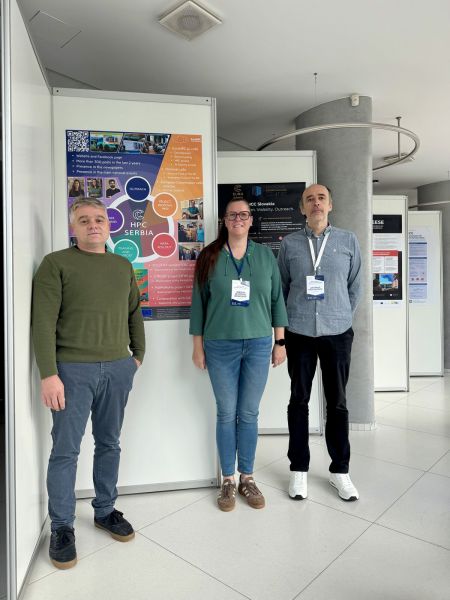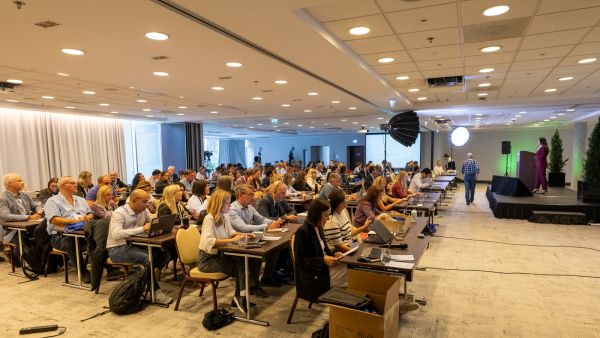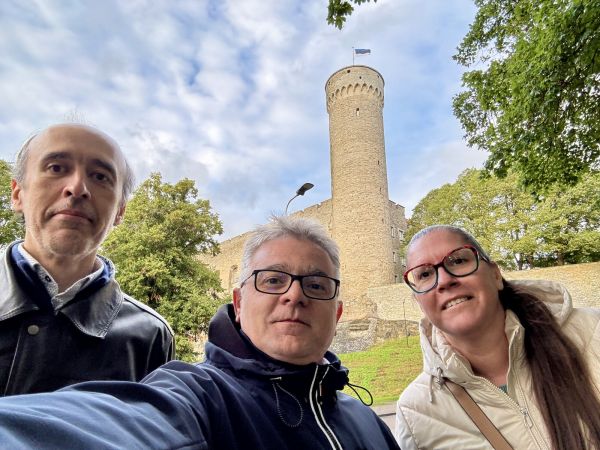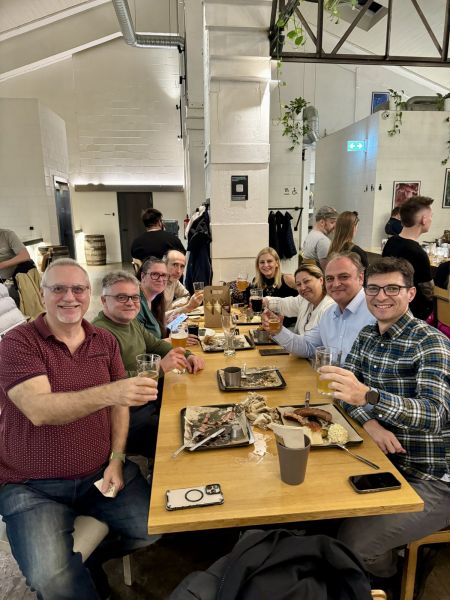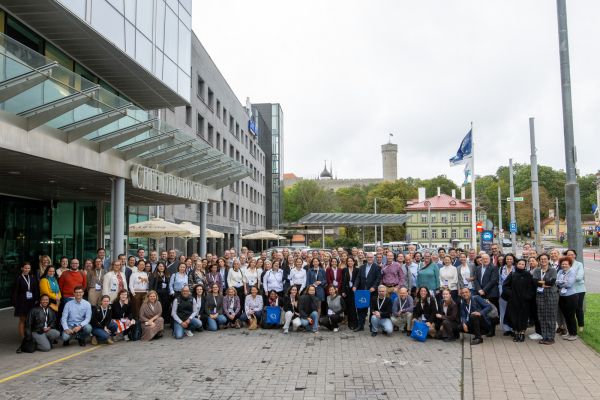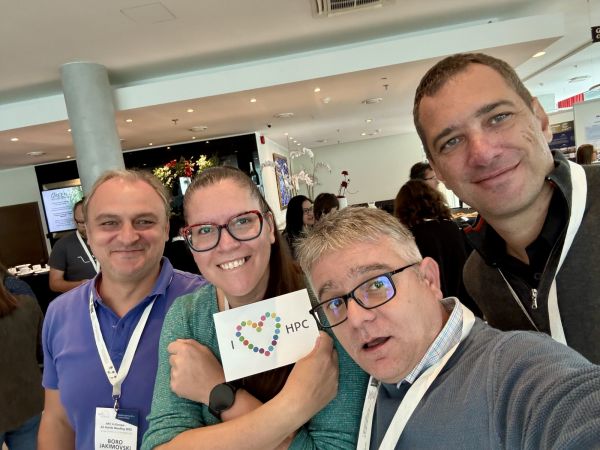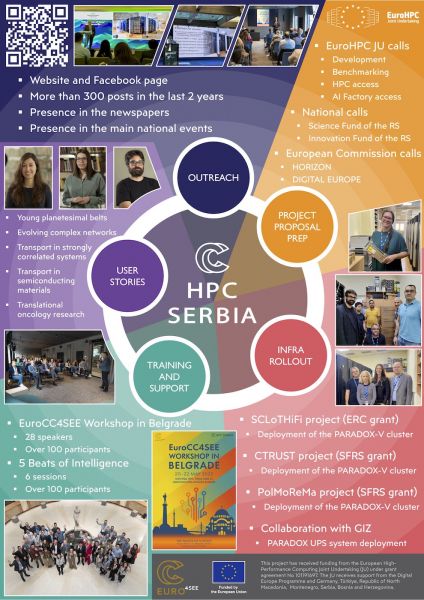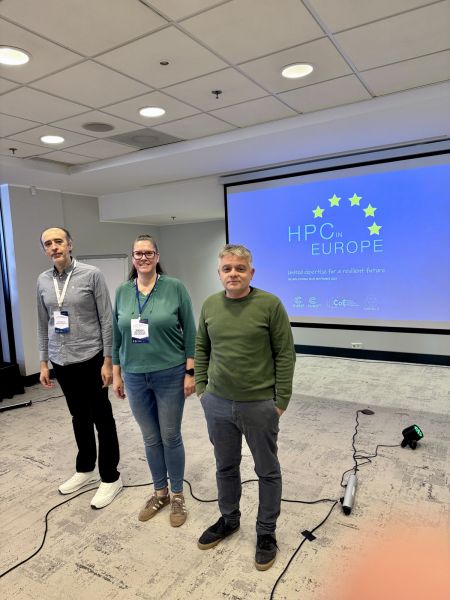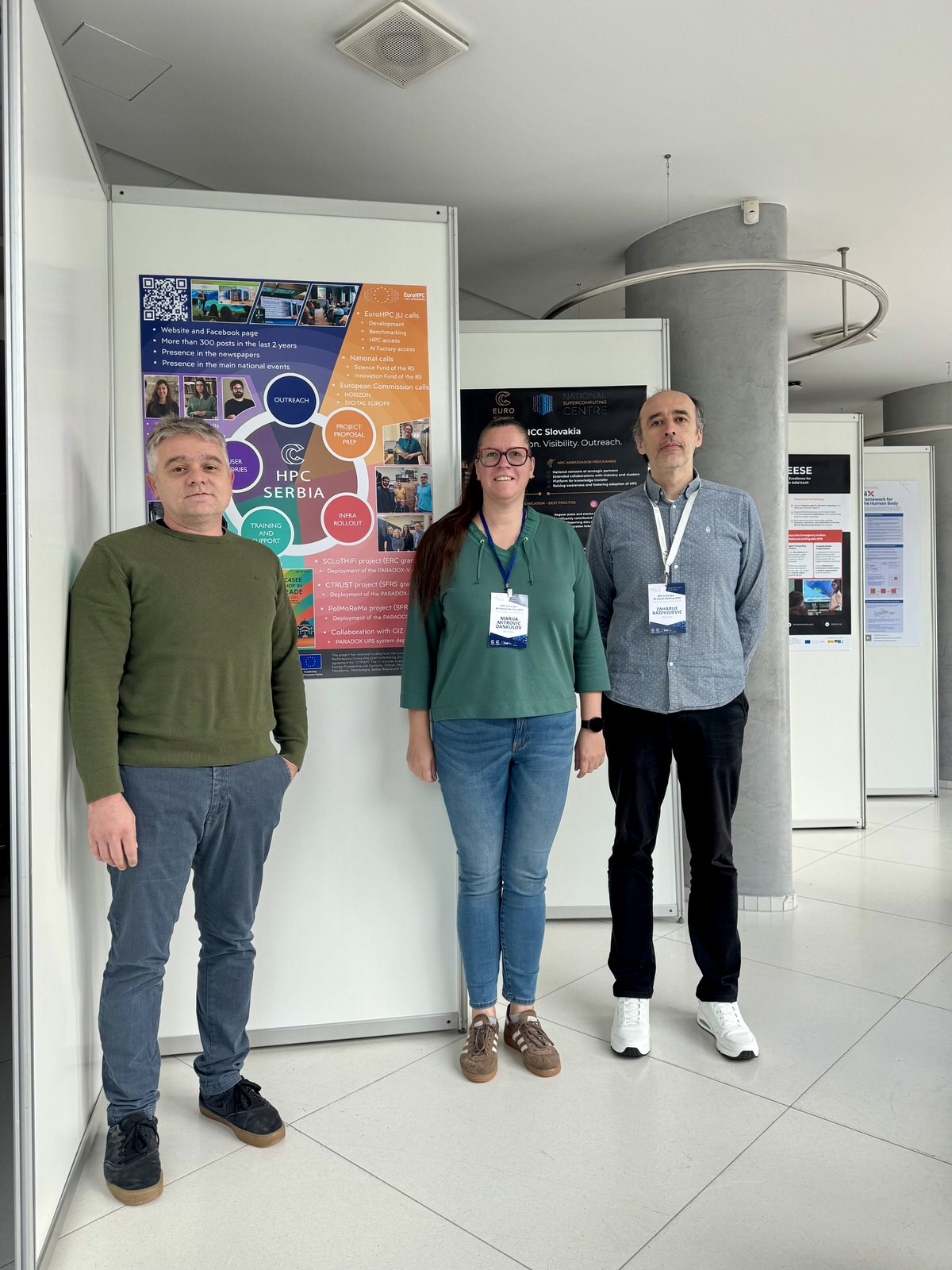Last week, HPC Serbia participated in the all-hands meeting of the CASTIEL 2, EuroCC 2, and EuroCC4SEE projects, which bring together National Competence Centers (NCCs) and Centers of Excellence (CoEs) in HPC across Europe. Over three lively days, from 23 to 25 September 2025, attendees celebrated achievements, discussed challenges, and collaborated to shape the future of HPC in Europe. The event took place in the beautiful capital of Estonia, Tallinn.
The agenda highlighted some of the most pressing issues affecting Europe’s HPC landscape. A key focus was on sustainability beyond the EuroHPC JU funding. As the current funding periods near their conclusion, participants examined ways to secure Europe’s HPC network in the long term. The discussion considered alternative funding models, opportunities for stronger partnerships, and strategies for pooling resources to maintain resilient and future-ready HPC infrastructure and services.
Another essential component of the agenda was providing training and upskilling for all target groups. The meeting stressed how education is vital for increasing HPC adoption, emphasizing the importance of developing effective training programs for academia, industry, and public administration. The EuroHPC Virtual Training Academy (EVITA) was specifically highlighted as a key tool for expanding and standardizing HPC education throughout Europe, ensuring that expertise is accessible to a broad and diverse audience.
Finally, outreach and industry engagement were recurring themes during the sessions. NCCs shared best practices for increasing HPC's visibility, accessibility, and relevance to wider audiences. Their strategies involved utilizing existing communication channels and partnerships, tailoring outreach efforts to sectors such as manufacturing and healthcare, and employing multi-channel approaches to engage stakeholders from diverse fields.
The poster sessions stood out as a highlight of the event, providing NCCs and CoEs with the opportunity to showcase their latest activities and achievements, while demonstrating how HPC fuels innovation in fields such as engineering, climate science, and healthcare. Rather than being passive displays, these sessions promoted active engagement, allowing attendees to ask questions, share feedback, and explore new collaboration opportunities.
The meeting insights emphasized that advancing sustainability in HPC relies on creating innovative funding models and forming new partnerships. Moreover, training and outreach efforts should be inclusive and accessible to engage all sectors. Both formal and informal collaborations were recognized as essential for fostering innovation, with future cooperation offering chances to leverage past successes and tackle emerging challenges.
